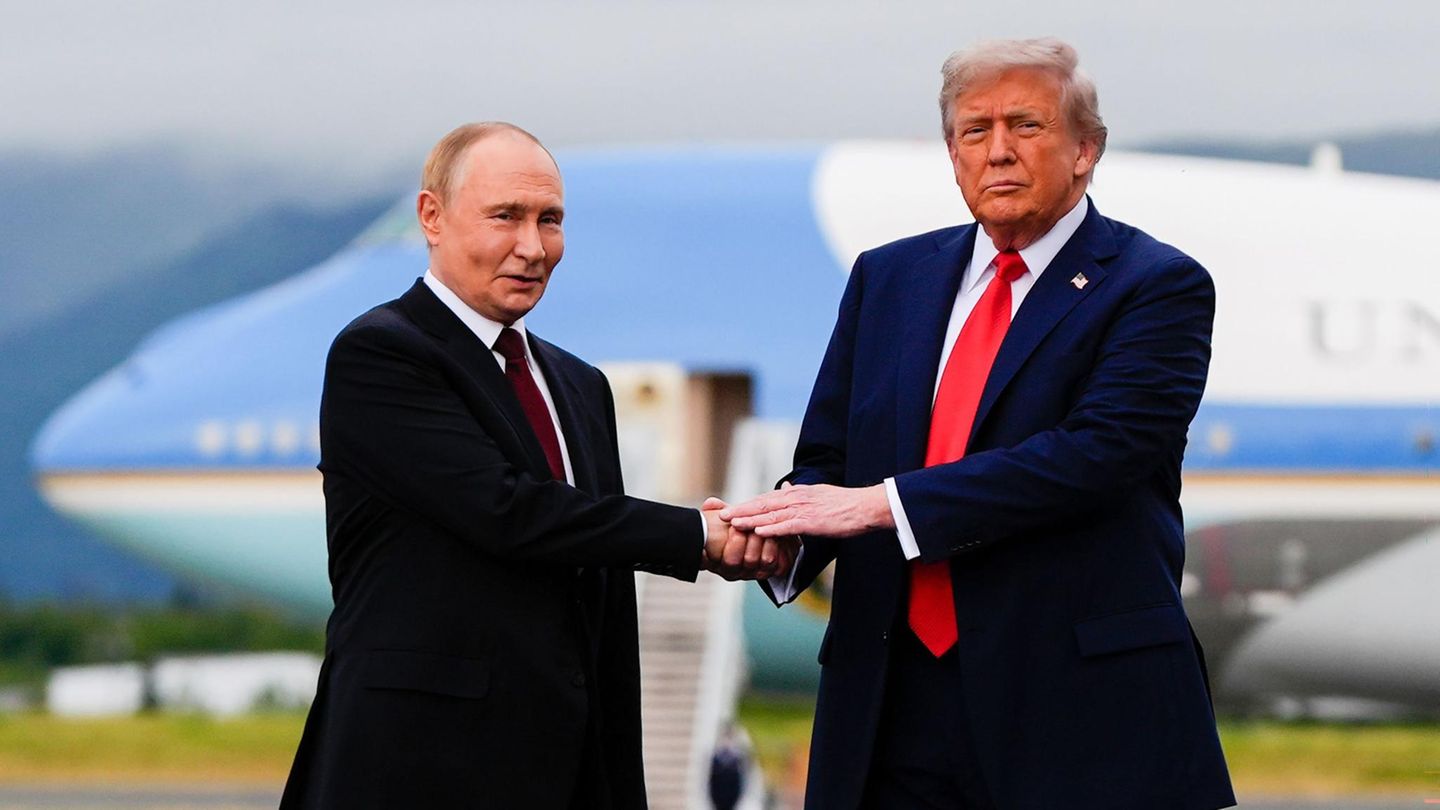Government confirmed the increase from 31% to 33% of soybean meal and oil retentions and the creation of a Wheat Stabilizer Fundwith the intention of controlling domestic prices, after President Alberto Fernández declared a “war against inflation” in the country.
Through two decrees published in the Official Gazette, the government made the increase in withholdings official, suspending until December 31 a 2020 decree that reduced export rates for soybean meal and oil to 31% and re-established the value of 33%.
In another decree, the government announced the creation of a fund “with the aim of stabilizing the cost of a ton of wheat purchased by Argentine mills.”
Argentina is the world’s leading exporter of soybean oil and meal. An increase of two points in the tax would imply an additional tax collection of 425 million dollars for the Government of Alberto Fernández, according to a report by the Buenos Aires Cereal Exchange (BdeC).
Latin America’s third-largest economy has suffered from a high rate of inflation for years, reaching 52.3% year-on-year in February, and has barely begun to recover from three years of economic recession.
“Inflation is a historical phenomenon in Argentina, almost a curse with which many of us have grown up. It has been a recurring alley from which it seems impossible to get out,” Alberto Fernández said in a television message on Friday night.
Revenues from taxes on shipments of agricultural and agro-industrial products are a very important source of resources for the Argentine Government. Argentina also taxes shipments of wheat and corn, at 12%.
In another decree, the government announced the creation of a fund “with the aim of stabilizing the cost of a ton of wheat purchased by Argentine mills.”
The official policy for agriculture confronted the Fernández administration with agricultural producers, who maintain a historically tense relationship with the Peronist governments due to the tendency of the latter to intervene in the markets.
The measure generated immediate rejection from various sectors of the industry.
“This generates a climate of mistrust and uncertainty (…) I think it is on the way to a national protest,” Jorge Chemes, president of the Argentine Rural Confederations (CRA), told La Nación+ on Saturday after learning of the measure.
For its part, the Chamber of the Argentine Oil Industry (CIARA) rejected the increase in export duties for soybean meal and oil, considering that it is a measure that “has no legality”, discourages exports and threatens “the soybean industrialization in the country”.
“The agro-export companies are analyzing all legal actions to question this right,” CIARA said in a statement posted on Twitter.
To try to combat inflation, the government also intervened in agricultural export markets in 2020. Last year for a few weeks it applied quotas to corn shipments, while foreign sales of beef still have limits.
Among the reasons for taking the measures, the government said that Russia’s invasion of Ukraine has significantly affected the global supply of agricultural products.
“The new international situation imposes the taking of urgent measures that contribute to the stabilization of the internal prices of essential products for the feeding of Argentines and Argentines, as well as maintaining an adequate volume for the supply needs of the internal market,” he indicated. the decree.
Source: Ambito
David William is a talented author who has made a name for himself in the world of writing. He is a professional author who writes on a wide range of topics, from general interest to opinion news. David is currently working as a writer at 24 hours worlds where he brings his unique perspective and in-depth research to his articles, making them both informative and engaging.




